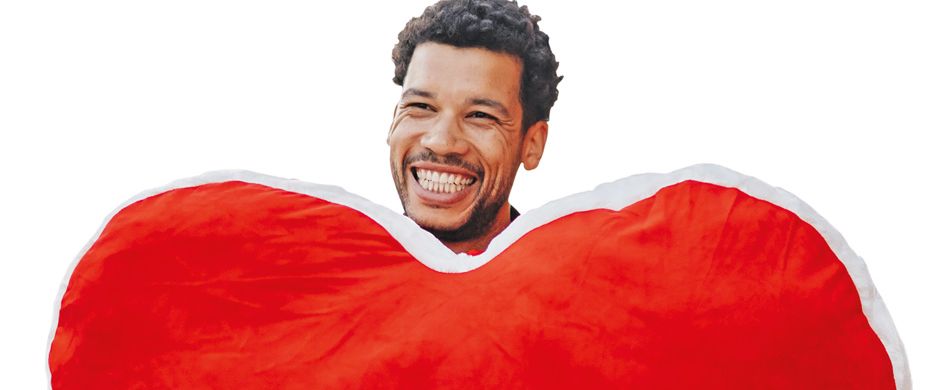I HAVE recently busied myself with the huge amount of information published by Oxfam International on the growing gap between the rich and the poor. Since the data provided by that charitable organization is manifold and complex, I will limit myself only to the most telling details.
The first striking fact is that the world’s richest 1percent possess more than twice as much wealth as the remaining 99 percent (some 6.9 billion people). Secondly, almost half of humanity is living on less than $5.50 a day; and 258 million children (1 out of every 5) will miss out on basic education. The third chilling fact is that every day 10,000 people die because they lack access to affordable healthcare, and that every year 100 million people are forced into poverty due to healthcare costs.
The report also underscores that COVID-19 has increased inequality in almost every country. And while hundreds of millions of people are being forced into poverty, many of the richest individuals returned to their pre-pandemic highs in just nine months. In fact the number of billionaires on Forbes’ 35th annual list of the world’s wealthiest, published last April, exploded to an unprecedented 2,755 (660 more than a year ago).
Obviously, inequality is also sexist; in fact men own 50 percent more of the world’s wealth than women, and the 22 richest men have more wealth than all the women in Africa.
I am just a simple friar and, in reading about these data, a question spontaneously comes to me, “But what do all those 2,755 super-rich do with so much money?” Well, I am sure they have the best luxury cars, private jets, helicopters and yachts; the most incredible houses in their favorite cities, and villas in the best seaside resorts. Certainly they do not have to queue in shops and offices or wait for hours for the doctor in an exam room. And they don’t have to save for a year in order to buy a new refrigerator. But then? They breathe, eat and sleep like all of us. And naturally the time will come for them too to leave everything and present themselves before the Father of all of us.
In this difficult moment in human history, and in the face of the striking details revealed by Oxfam International, we must realize that the purpose for which we were created is not to become billionaires, but to take care of each other and of creation in order to build a society based on true brotherhood. The Lord has taught us that a life is spent well when one loves, and to love means to make ourselves available to each other, to walk the road together, to will the good of our brothers and sisters.
On the occasion of his trip to Istanbul, Pope Francis said, “There are too many women and men who suffer from severe malnutrition, growing unemployment and increasing social exclusion… We cannot remain indifferent before the cries of our brother and sisters. These ask of us not only material assistance – needed in so many circumstances – but above all our help to defend their dignity as human persons, so that they can find the spiritual energy to become once again protagonists of their own lives.”
As a Franciscan friar, St. Anthony never ceased to extend his hand to anyone who needed his help. He was always courageously on the side of the downtrodden and the poorest of the poor: women, children, the elderly… he fought courageously against money lenders, a widespread practice in those days, and even managed to change unjust laws. It need not surprise therefore if, immediately after his death, a few charitable initiatives arose around the Basilica to help the poor in the Saint’s name, thus giving rise to what we now call St. Anthony’s Charities.
I consider myself really lucky to have known St. Anthony during all the years I have spent in the Basilica. Maybe you won’t believe me, but I often feel him close to me and, whenever I am facing difficulties, he gives me an important tip. I think he will be very happy if I pass it along to you too, “Dilate your heart!” Blessings from Padua.




